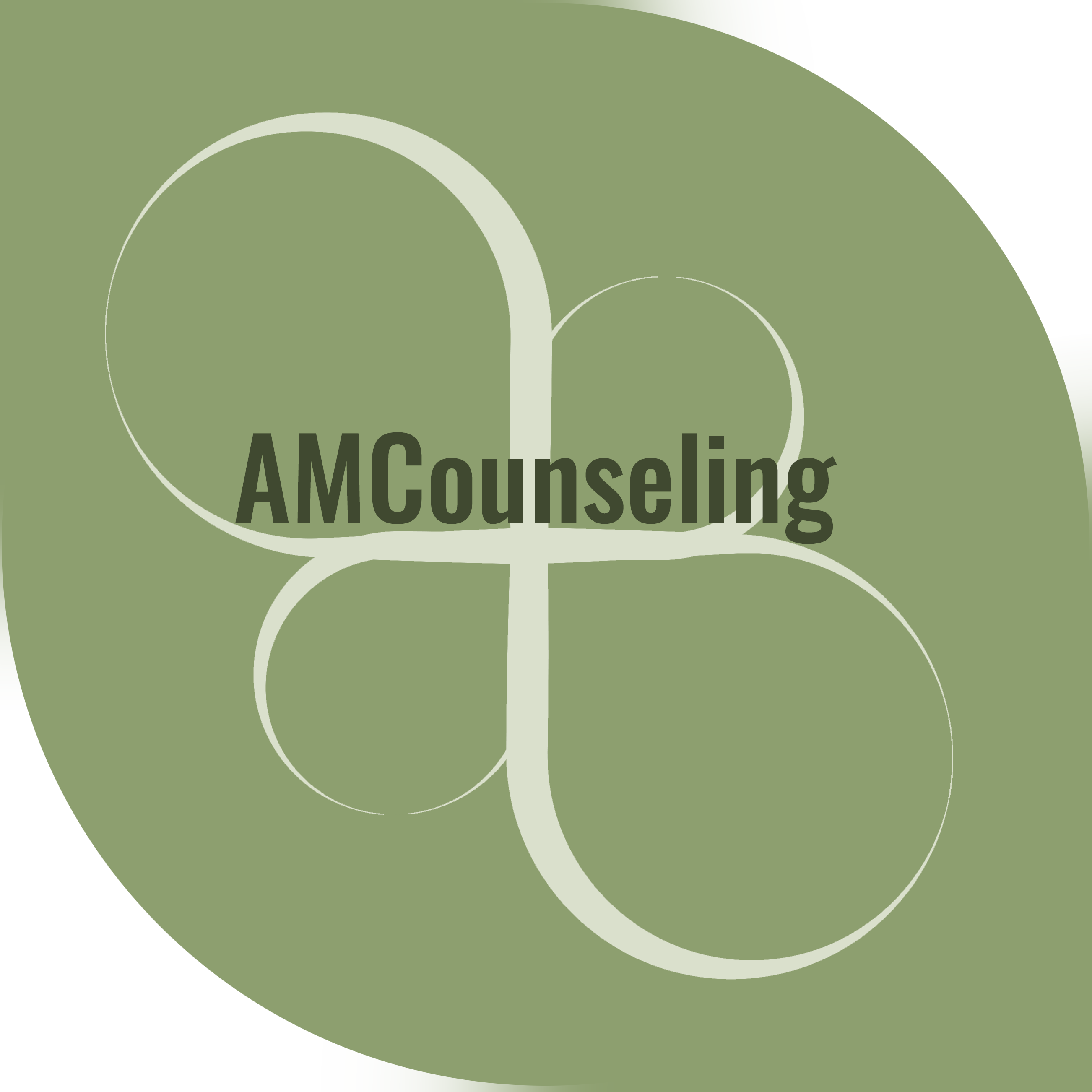Codependency is a complex and often misunderstood concept that affects many relationships. Whether in romantic partnerships or within families, codependency can create unhealthy dynamics that hinder personal growth and mutual support. In this blog, we’ll explore what codependency is, its signs, and how it manifests in both romantic and family relationships. Understanding these aspects can help individuals recognize and address it in their lives.
What is Codependency?
Codependency refers to a psychological condition where one person in a relationship relies excessively on the other for emotional or psychological support. This often results in one partner or family member sacrificing their own needs to meet the needs of the other. Codependent individuals often struggle with setting boundaries, maintaining self-esteem, and achieving a sense of independence.
Signs of Codependency
Recognizing codependency is the first step toward addressing it. Common signs include:
An excessive need to please others:
- Difficulty saying no
- Low self-esteem
- An unhealthy reliance on relationships for validation
- A tendency to take on the problems of others
Codependency in Romantic Relationships
In romantic relationships, codependency can create a dynamic where one partner feels responsible for the other’s emotions and well-being. This can lead to an imbalance where one person gives significantly more than they receive, often to the detriment of their own needs and happiness. To read more about patterns in relationships: https://wassenaartimes.nl/wellness/f/patterns-in-relationships-steps-toward-change-and-growth
How Codependency Manifests in Romantic Relationships
- Over-Involvement: A codependent partner may become overly involved in their partner’s life, feeling the need to control or “fix” their partner’s problems.
- Lack of Boundaries: Codependent individuals often struggle with setting and maintaining personal boundaries, leading to a loss of individual identity.
- Fear of Abandonment: A strong fear of being abandoned or rejected can drive codependent behaviors, leading to clinginess and dependence.
Codependency in Family Relationships
Codependency is not limited to romantic partnerships; it can also be prevalent in family dynamics. Family members may become enmeshed in each other’s lives, leading to a lack of independence and unhealthy relational patterns.
How Codependency Manifests in Family Relationships
- Parent-Child Dynamics: A parent might overprotect or overly control a child, preventing them from developing independence and self-sufficiency.
- Sibling Relationships: Siblings may develop codependent relationships where one sibling takes on a caretaker role, often at the expense of their own needs.
- Emotional Enmeshment: Family members may feel responsible for each other’s emotions, leading to a lack of personal boundaries and individual growth.
Overcoming Codependency
Breaking free from codependency requires self-awareness, boundary-setting, and often professional help. Here are some steps to begin the journey toward healthier relationships:
Seek Therapy: Professional therapy can provide valuable tools and support in understanding and overcoming codependent behaviors.
Set Boundaries: Learning to set and maintain healthy boundaries is crucial in breaking the cycle of codependency.
Focus on Self-Care: Prioritizing your own needs and well-being is essential in creating a balanced and healthy relationship dynamic.
Build Self-Esteem: Work on developing a strong sense of self-worth that is not reliant on the approval of others.
Understanding and addressing codependency in relationships is vital for personal growth and the development of healthy, balanced connections. Whether in romantic or family relationships, recognizing the signs of codependency and taking steps to overcome it can lead to more fulfilling and independent lives.
If you suspect you or someone you know is struggling with codependency, seeking professional guidance can be a crucial step toward recovery and healthier relationships. To gain some outside support, feel free to reach out https://amandamaurocounseling.com/
Photo by youssef naddam on Unsplash

